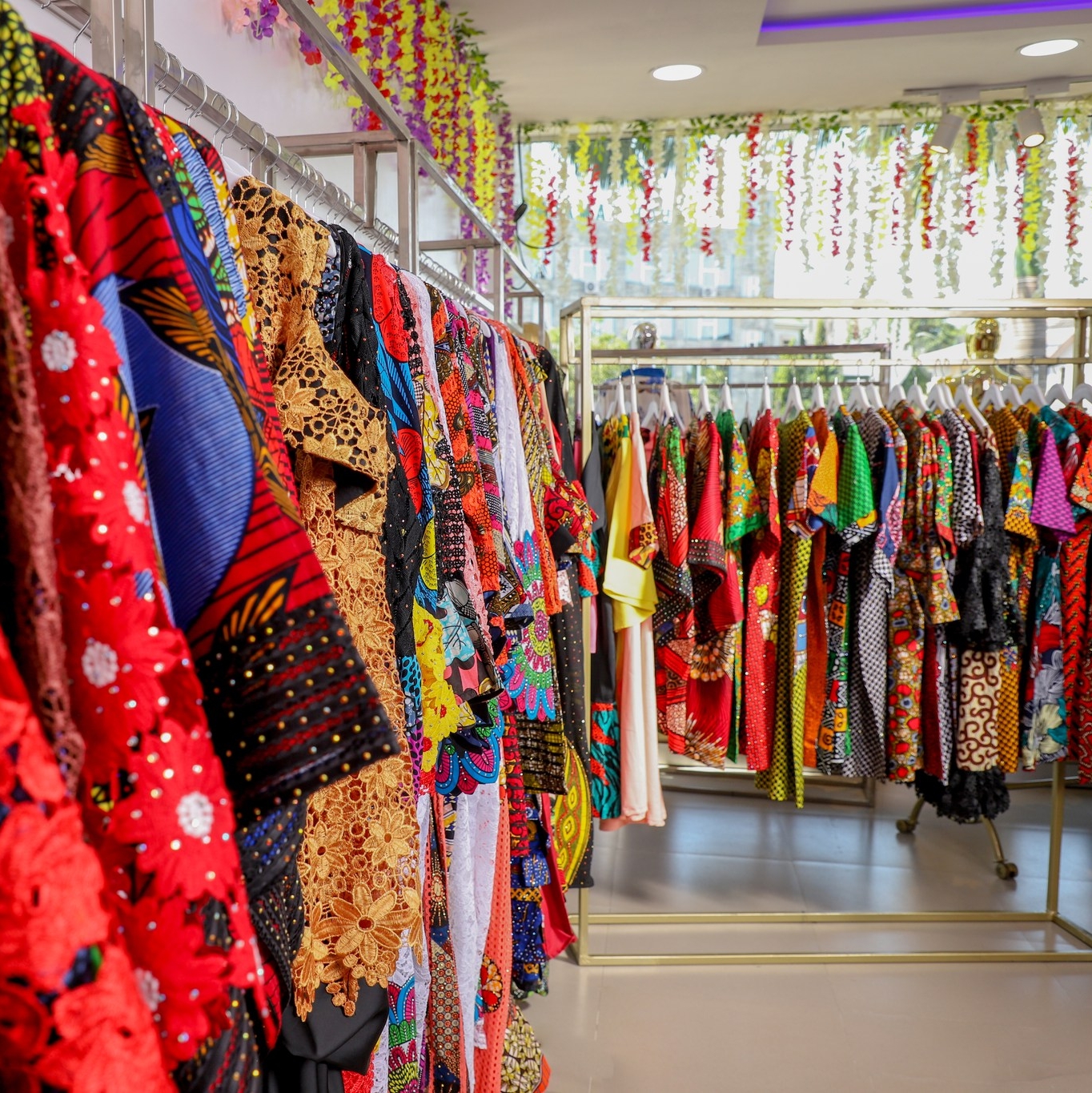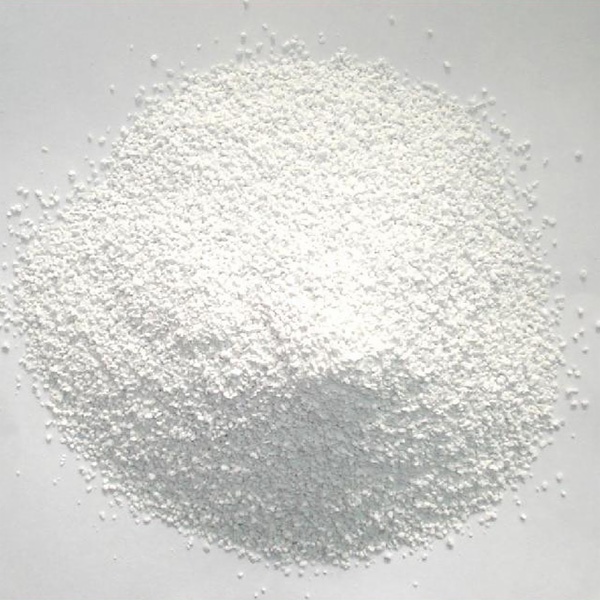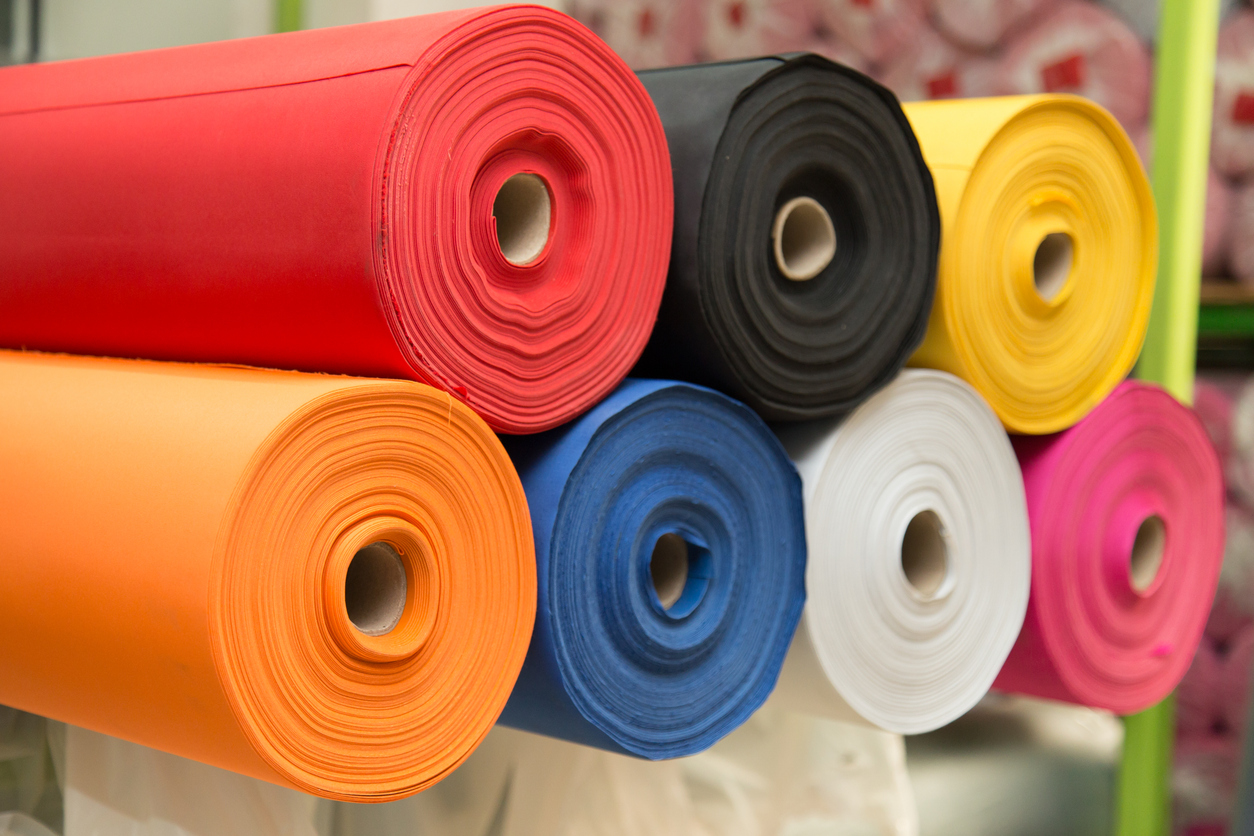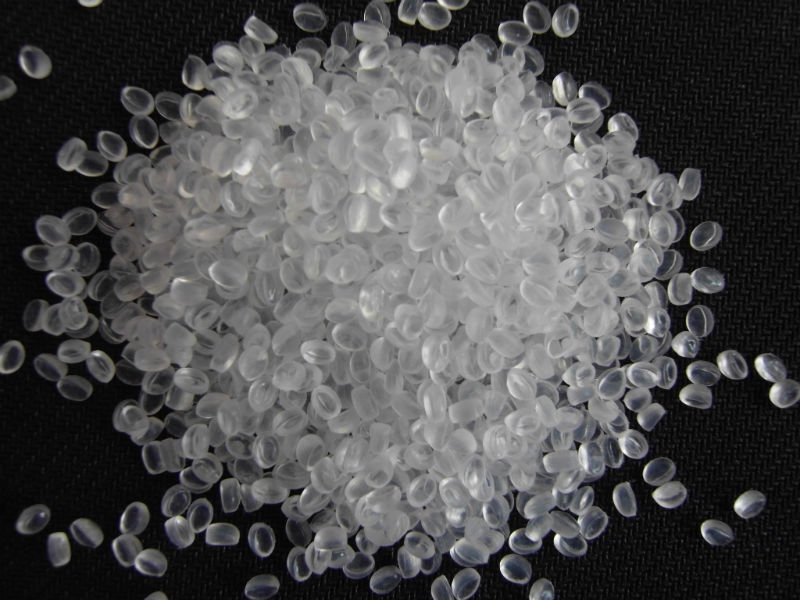Effective Textile Sourcing Strategy for Post-Tariff Markets
In today’s global trade environment, tariffs and trade policies are reshaping the textile industry. Businesses in import/export, wholesale distribution, and FMCG sectors are facing higher costs and supply chain uncertainties. Developing a robust textile sourcing strategy post-tariff is essential for companies seeking efficiency, cost savings, and market competitiveness. This article explores practical approaches to sourcing textiles effectively while highlighting how Wigmore Trading can support your business needs.
Understanding the Impact of Tariffs on Textile Sourcing
Tariffs can significantly affect the cost and availability of textiles. Increased duties on imported fabrics, yarns, and finished products may:
-
Raise operational costs for distributors and retailers.
-
Limit access to preferred suppliers in key markets.
-
Disrupt supply chain timelines and inventory planning.
A proactive textile sourcing strategy can mitigate these challenges by diversifying supply sources and optimizing procurement processes. Businesses that adapt quickly gain a competitive edge in price-sensitive markets.
Diversifying Suppliers for Resilient Textile Sourcing
Relying on a single country or supplier exposes your business to risk, especially in the wake of new tariffs. To strengthen your textile sourcing strategy, consider:
-
Regional sourcing: Explore suppliers in Africa, Asia, and Europe to balance cost and quality.
-
Multiple supplier partnerships: Build relationships with more than one manufacturer for essential fabrics.
-
Flexible contracts: Negotiate agreements that allow for volume adjustments and price flexibility.
Wigmore Trading can assist by identifying reliable international suppliers and negotiating favorable terms, ensuring your supply chain remains uninterrupted.
Leveraging Technology in Textile Sourcing
Modern procurement platforms and sourcing tools are transforming how businesses manage textiles. Implementing technology in your textile sourcing strategy can:
-
Track price fluctuations and tariff changes in real-time.
-
Streamline order placement and inventory management.
-
Provide data-driven insights to optimize supplier selection.
By integrating these tools, companies reduce procurement inefficiencies and stay ahead of market trends. Wigmore Trading can guide businesses in adopting the right solutions for smarter sourcing.
Emphasizing Quality and Compliance in Sourcing
Post-tariff sourcing isn’t only about cost—it’s about maintaining product standards and regulatory compliance. Key considerations include:
-
Quality assurance: Ensure fabrics meet durability, colorfastness, and design standards.
-
Regulatory compliance: Stay updated with import/export regulations and customs requirements.
-
Sustainable sourcing: Incorporate eco-friendly textiles and ethical manufacturing practices.
A robust textile sourcing strategy balances cost, quality, and compliance. Wigmore Trading supports businesses in vetting suppliers and ensuring adherence to international standards.
Strategic Inventory Management to Offset Tariff Effects
Tariffs can lead to higher procurement costs, making inventory planning critical. Effective strategies include:
-
Bulk purchasing: Acquire high-demand textiles before anticipated tariff hikes.
-
Just-in-time inventory: Minimize storage costs while ensuring consistent supply.
-
Demand forecasting: Use historical sales and market trends to inform purchasing decisions.
Building Long-Term Partnerships for Sustainable Sourcing
A long-term supplier relationship can offer advantages such as stable pricing, priority allocations, and shared market insights. Businesses should:
-
Invest in supplier relationship management.
-
Foster transparent communication to anticipate market changes.
-
Negotiate value-added agreements, like joint logistics solutions or quality guarantees.
With Wigmore Trading, businesses gain access to a network of trusted partners, ensuring reliability and flexibility in sourcing textiles post-tariff.
Practical Steps for Businesses: Implementing Your Post-Tariff Textile Sourcing Strategy
-
Audit your current suppliers: Identify risks and opportunities.
-
Explore alternative markets: Reduce dependency on high-tariff countries.
-
Leverage data and analytics: Make informed sourcing decisions.
-
Collaborate with Wigmore Trading: Gain expert support in supplier identification, negotiation, and logistics.
-
Monitor and adapt: Continuously evaluate sourcing performance against market changes.
By following these steps, businesses can implement a cost-efficient, resilient, and future-proof textile sourcing strategy.








Comments are closed.